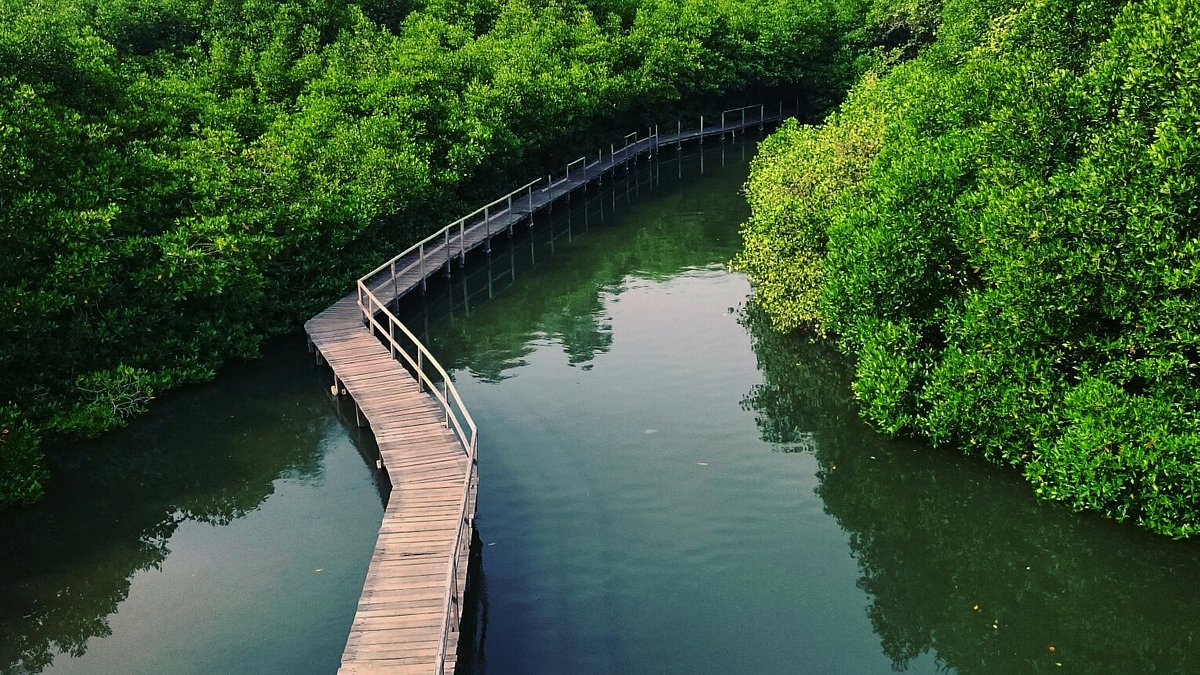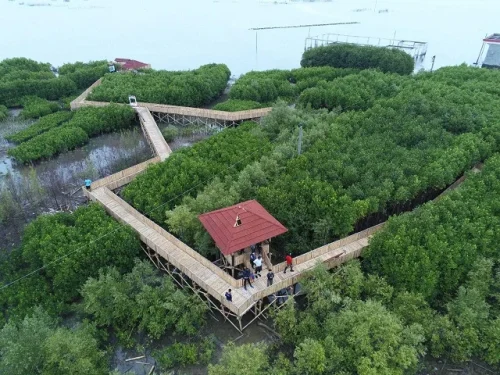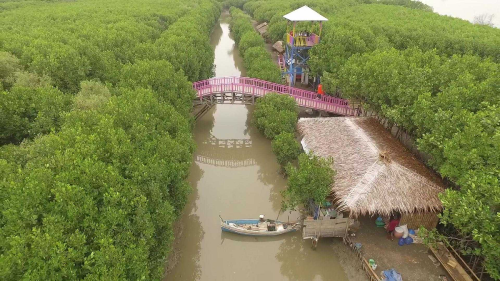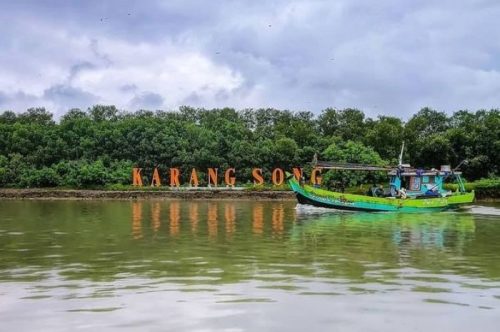Mangrove Nature Tourism: Sustainable Management of Environmental Services

Photo Credit : Bramantya P/Tripadvisor
Mangrove ecosystems are unique areas that have the potential to provide natural resources of economic value, regulate environmental conditions ecologically and provide environmental services. Mangroves protect communities from the effects of climate change and generate income through ecotourism and its products, such as fish, shrimp, mangrove crabs, and processed mangrove products such as syrup, and crackers.
Mangrove Natural Tourism Potential
Mangrove forests, with abundant biodiversity, hold great potential as a charming natural tourist destination. Visitors can enjoy unique and unforgettable experiences while exploring this rich ecosystem. In addition to providing a memorable experience, mangrove tourism also contributes significantly to the local economy. For example, in Tanjung Batu, Berau Regency, East Kalimantan Province, mangrove tourism has succeeded in generating income of Rp. 1,423,914,894 per year (Mukhlisi, 2017). This shows that, in addition to playing an important role in environmental conservation, mangrove tourism can also be a sustainable source of income for the surrounding community.

Photo Credit : Agus Irianto
Mangrove Tourism Management Strategy
In designing a mangrove tourism management strategy, various important aspects must be considered. This includes effective promotion to attract tourists and environmental education to increase public understanding of the importance of mangroves as providers of environmental services.
Good and sustainable management can maintain the balance of mangrove ecosystems, while maximizing their economic potential. One way to achieve this is to utilize parts of mangrove trees for value-added products, such as cosmetics and food ingredients. With this approach, we can not only preserve mangrove ecosystems, but also create economic opportunities for surrounding communities. Thus, effective and sustainable management strategies can help ensure that mangrove tourism provides benefits to the environment and society at the same time.
The development of mangrove ecotourism has many benefits, including:
- Economic Benefits and Conservation : Mangrove ecosystems can become a natural coastal protection system including reducing the risk of tidal waves and even tsunamis and animal shelters. In addition, mangroves also generate income through ecotourism and its products, such as mangrove crabs, syrups, and crackers.
- Increased Environmental Awareness and Behaviour Change : With ecotourism, people are becoming more aware of the importance of protecting and preserving the environment, especially mangrove ecosystems.
- Supporting Research and Conservation Activities : Mangrove areas rich in biodiversity are ideal places for research and conservation activities.
- Environmental Sustainability : Mangrove ecotourism can make the environment sustainable because the function of mangrove forests for the environment and biota is intact, besides that negative activities such as illegal logging will be reduced.
- Education and Training : The mangrove area can be used as a place of education and training for the surrounding community and visitors about the importance of preserving mangrove ecosystems.

Photo Credit : Kompasiana
Conclusion
The development of mangrove ecotourism is one of the efforts to use environmental services from coastal areas in a sustainable manner. With the right approach, mangrove natural tourism can be a sustainable source of income while maintaining the sustainability of mangrove ecosystems.
With these benefits, the development of mangrove ecotourism can be a sustainable solution to preserve mangrove ecosystems while improving the welfare of the surrounding community.

Photo Credit : Fahrul Rozi/Indramayutren
Hopefully this article can provide new insights into the importance of managing environmental services through mangrove natural tourism. Let's protect and preserve mangrove ecosystems for future generations.

